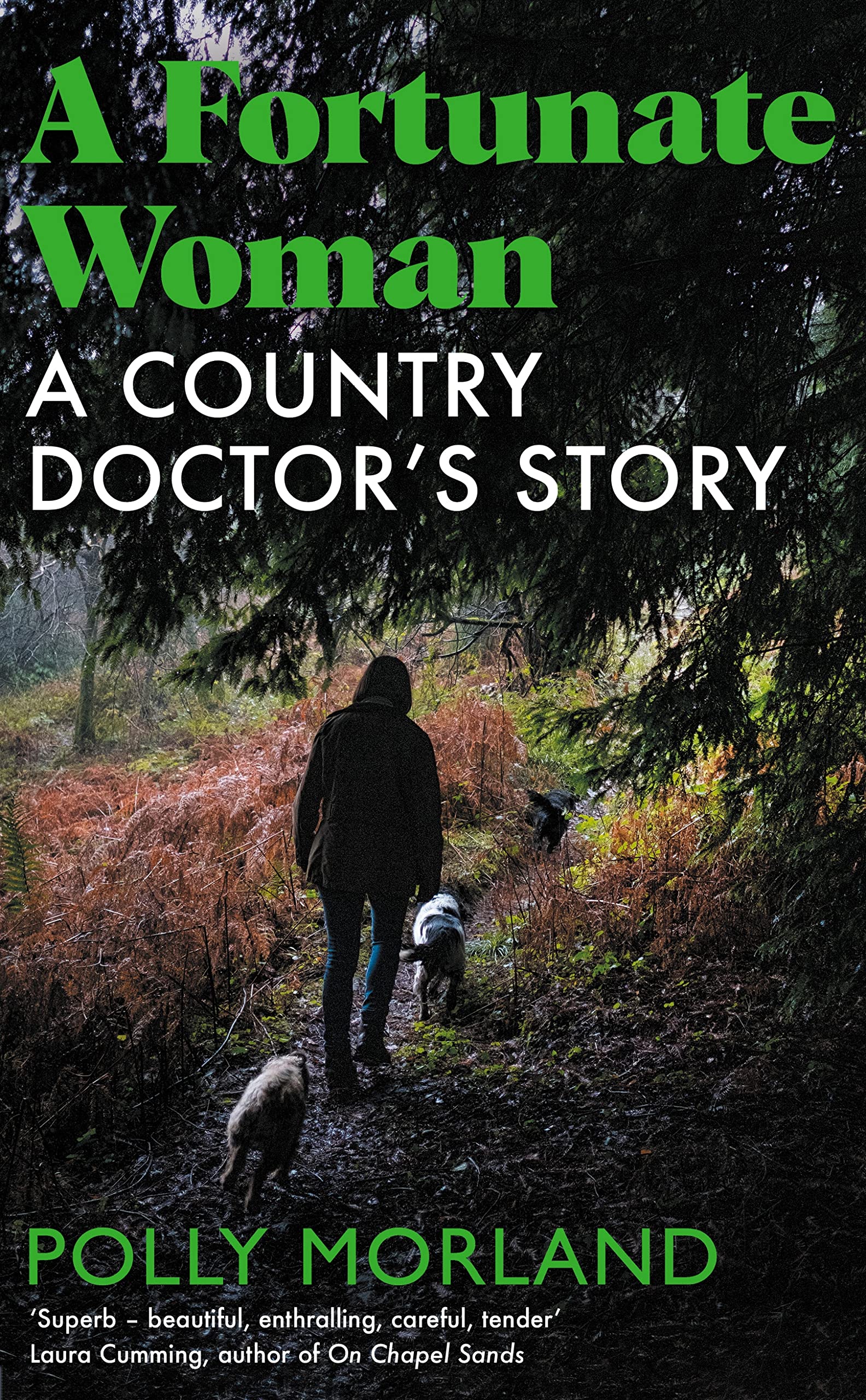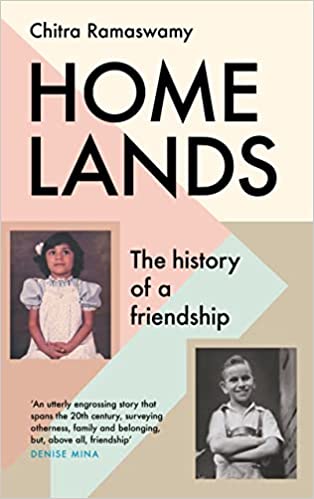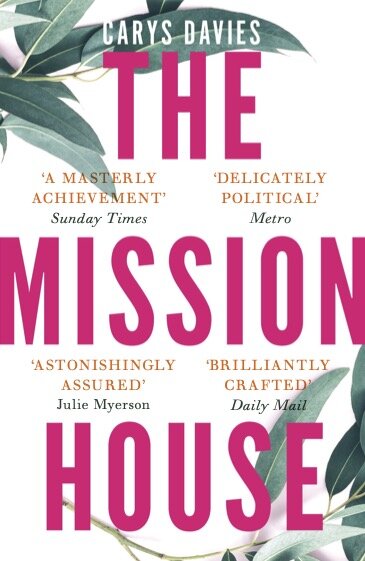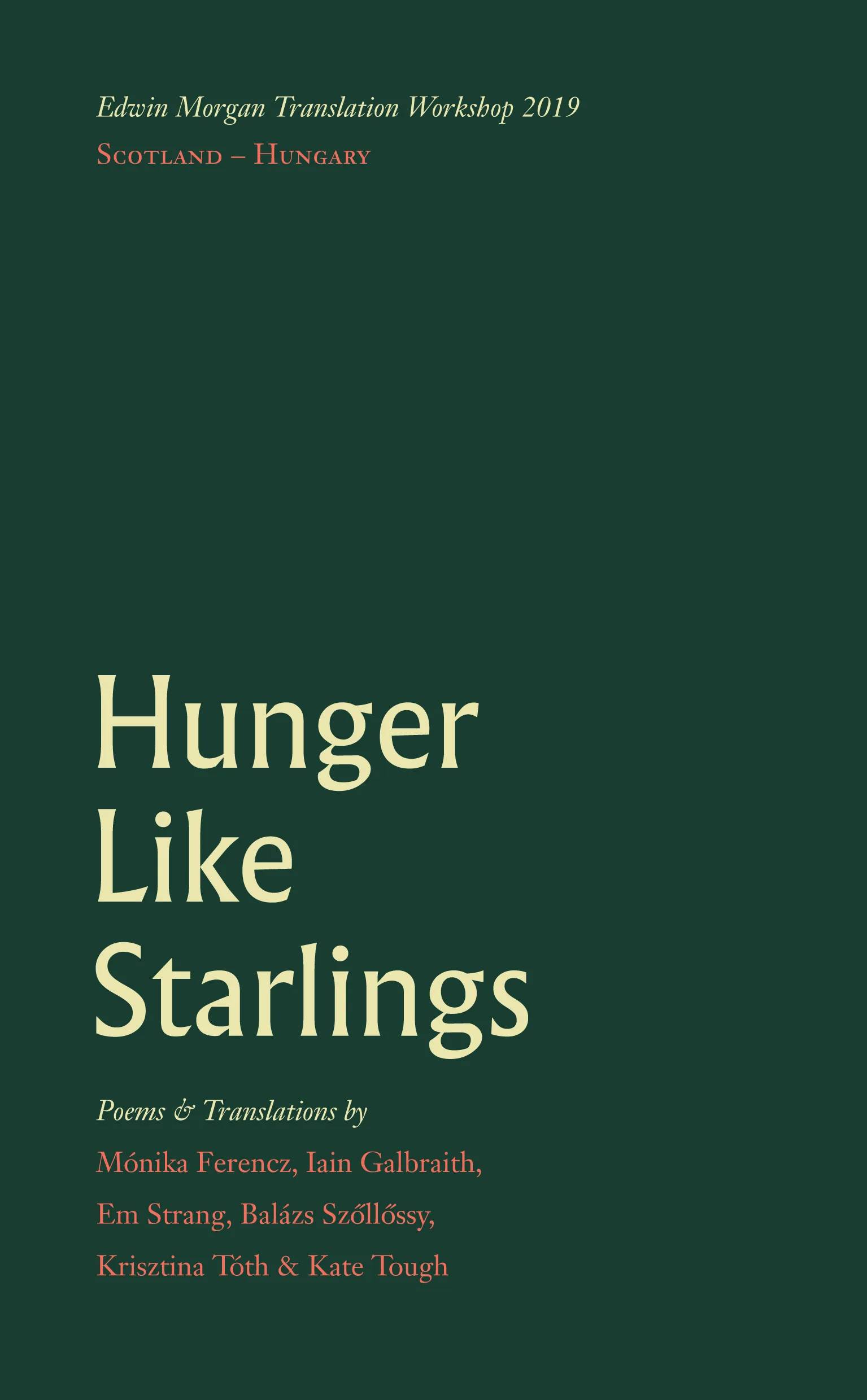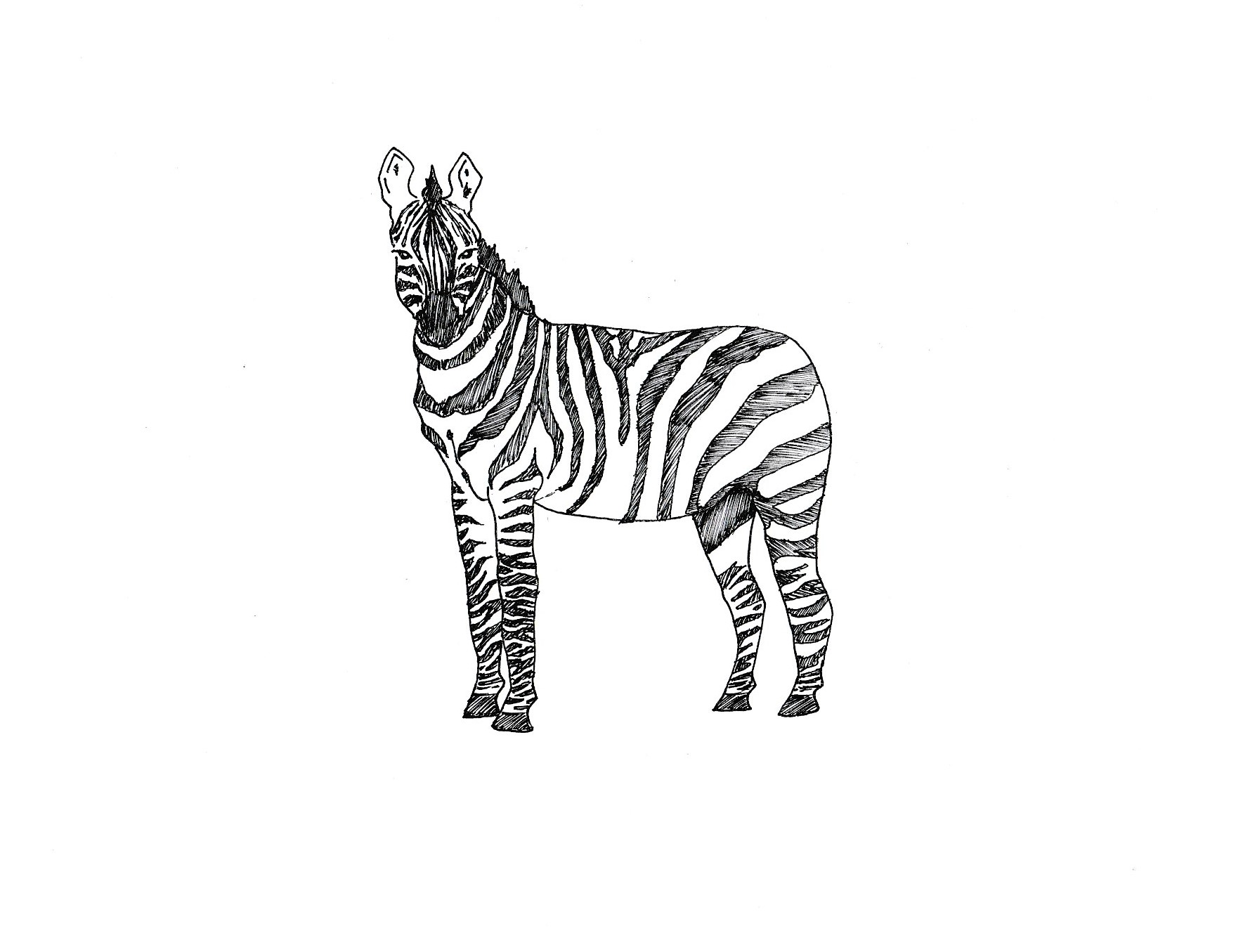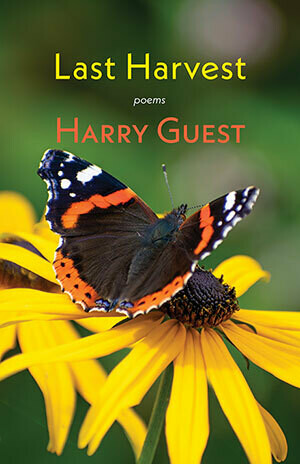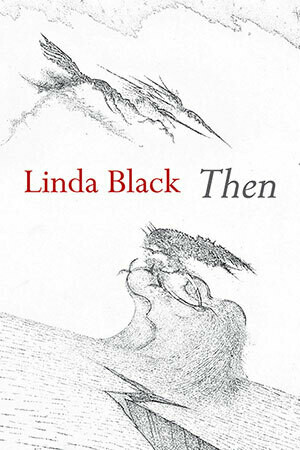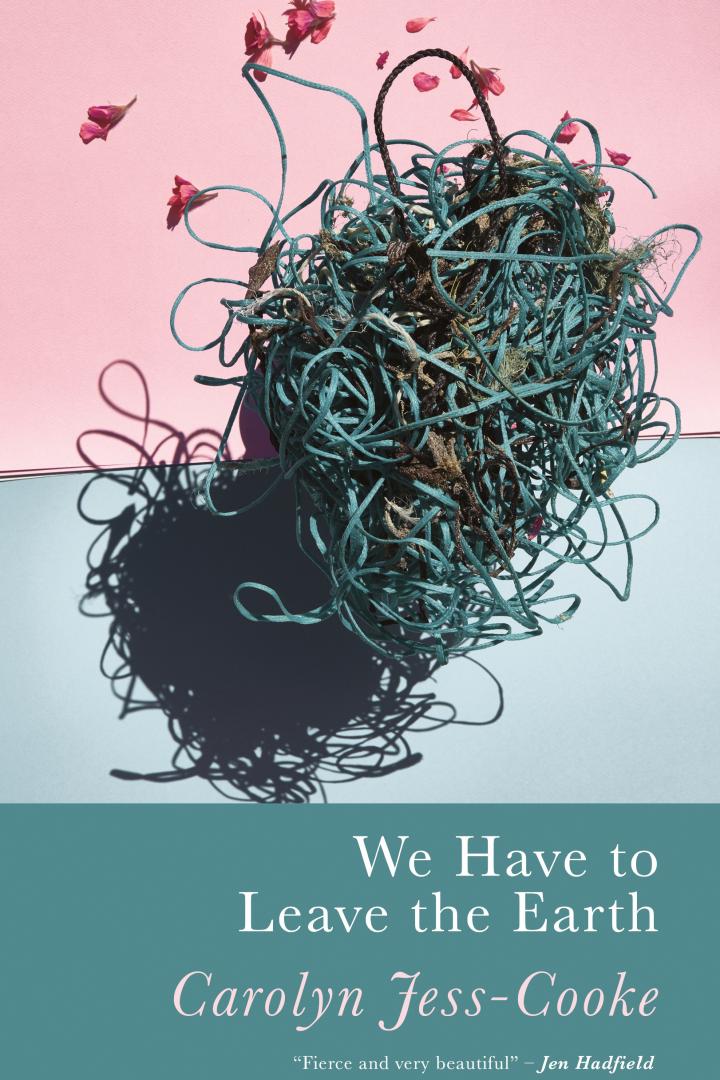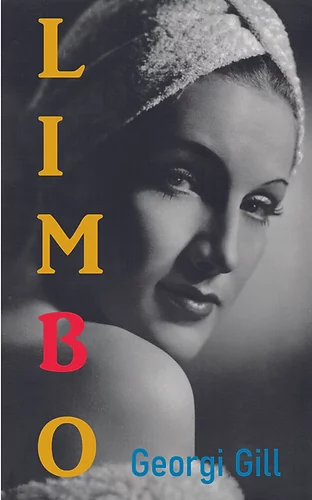A Fortunate Woman: A Country Doctor’s Story
Polly Morland’s book builds on the irony of first finding a copy of The Fortunate Man (1967) hanging ‘in suspended animation’ while clearing out her mother’s house, John Berger’s witness account of the vicissitudes of a country doctor’s life in the same Gloucestershire valley in which the author now resides. This find sets in motion a series of emotionally charged events pinning memory, persons, place to what it is to be a woman GP in a country practice in the last two years of Covid.

